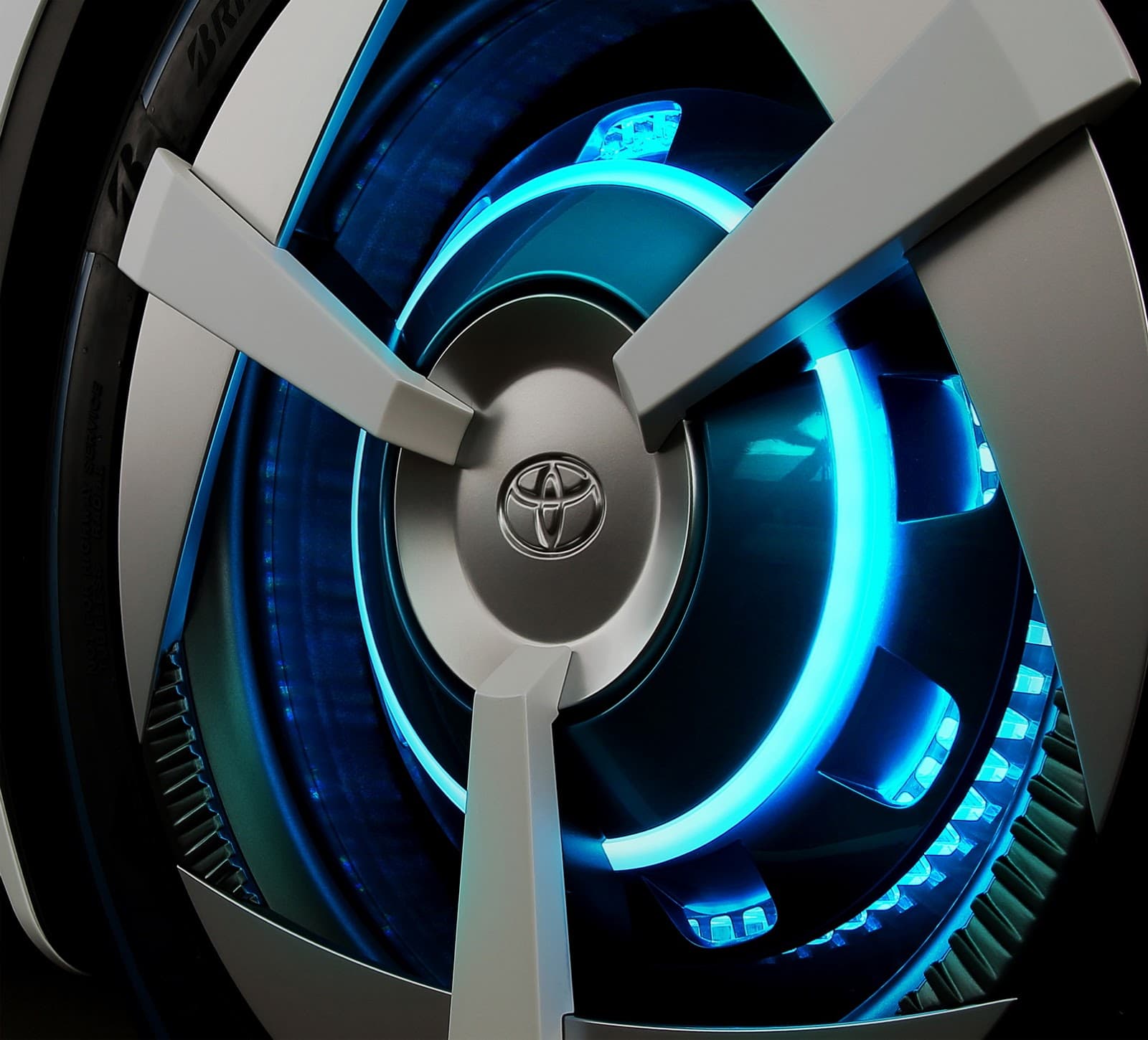Blockchain And Driverless Cars
At Consensus 2017 on Monday, Toyota announced a plan to use blockchain to amass driving data that will help them development driverless cars. The move could also decrease insurance costs for drivers, as well as pave the way for new carpooling solutions. Chris Ballinger, chief officer of Strategic Innovation at Toyota, said in a statement from the company:
Hundreds of billions of miles of human driving data may be needed to develop safe and reliable autonomous vehicles...Blockchains and distributed ledgers may enable pooling data from vehicle owners, fleet managers, and manufacturers to shorten the time for reaching this goal, thereby bringing forward the safety, efficiency, and convenience benefits of autonomous driving technology.
Customers will have access to their own data, Toyota confirmed. If the information derived from sensors in a car is stored in a blockchain, customers will be able to give their insurance companies "increased transparency to reduce fraud, plus granting them access to driving data to measure safe driving habits," Toyota wrote in the statement. Neha Narula, director of the Digital Currency Initiative at the MIT Media Lab, said in the statement that she was "excited Toyota is spearheading this initiative that uses blockchain technology to create an open platform where users can control their driving data.”
Blockchain Revolution
Blockchain is a new way to record and store data in a transparent, public ledger. Each piece of information (called a "block") in the chain is linked to the others cryptographically, making the system tamper-proof unless a hacker attacked every computer holding the information simultaneously.
Toyota's use of blockchain shows that the system can extend far beyond the financial and cryptocurrency. It has the potential to be applied and revolutionize almost any sector. Its significance lies in its security, speed, and lack of middlemen or bureaucracy.
Simon Taylor, a former executive of Barclays who helped lead the bank's blockchain efforts, said in a U.K. Government Office for Science video that "if the internet bought us near instant digital communications, then the blockchain brings us near instant asset transfer, asset movement, and security of data movement."
Blockchain has already been used effectively in a number of areas: The U.N. is using Ethereum (one of the biggest blockchains) to ensure money reaches the people it was intended to, and they estimate they will help 500,000 by 2018; Imogen Heap is applying it to the music industry to try and ensure artists get paid fairly; and Walmart is using it to track down contaminated food sources. Blockchain's applications continue to expand, with some saying it even potentially has the power to change the very nature of the internet.
Share This Article
